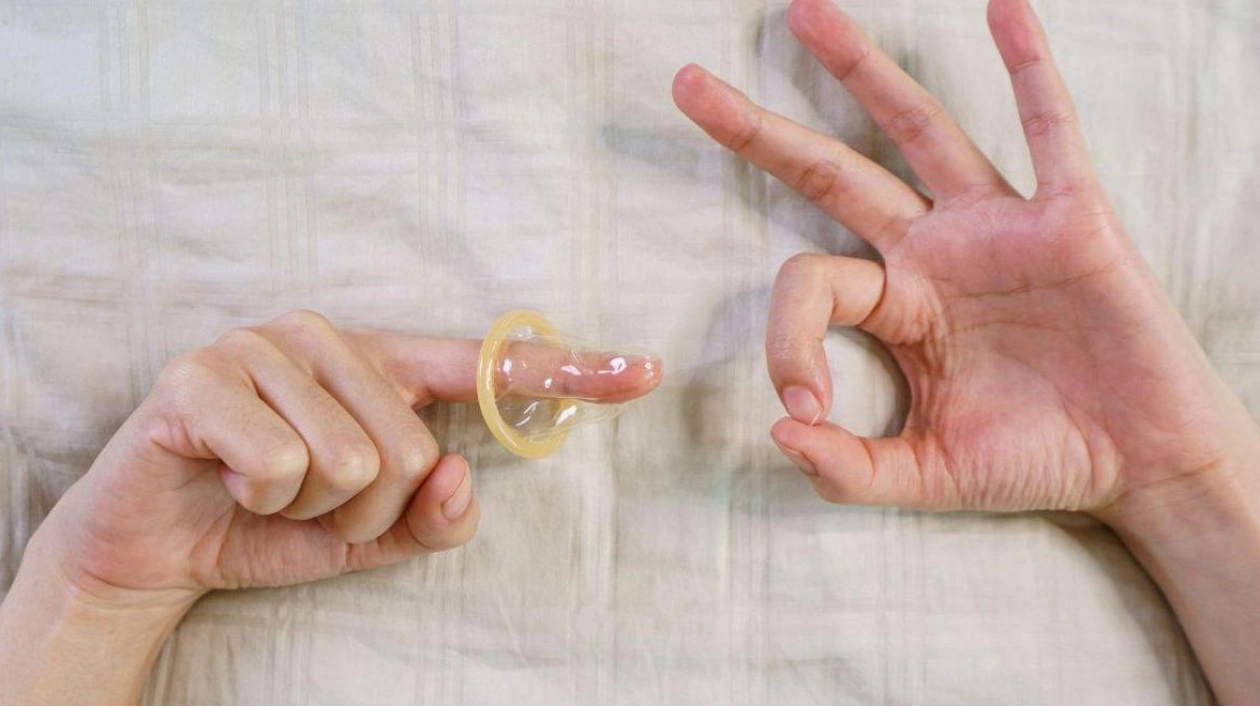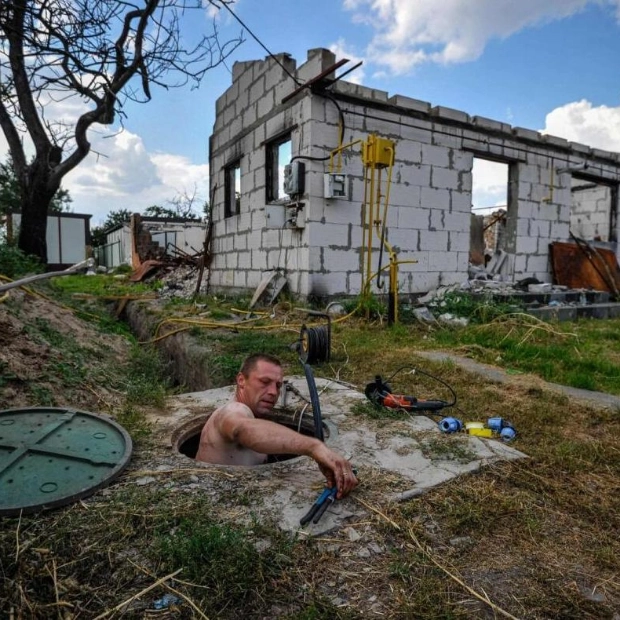For five years, teams from Inserm (French National Institute for Health and Medical Research), ANRS (Association Nationale de Réadaptation Sociale) and Santé publique France have been investigating sexual practices among French people. This study, conducted without any intention of titillation, aims to provide a deeper understanding of the social and cultural factors influencing sexual behaviors. The ‘Contexte des Sexualités en France’ report is the fourth major study on this topic since 1970, with the last one conducted in 2006. It is based on responses from over 31,000 individuals aged 15 to 89, randomly selected from mainland France and four overseas territories (Martinique, Guadeloupe, French Guiana, and Reunion Island).
Key findings include a rise in the median age for first sexual intercourse, reversing trends observed since the 1960s. For the period 2019-2023, women initiate sexual activity at 18.2 years, and men at 17.7 years. This trend mirrors observations in other European countries like Denmark, Norway, and Sweden. Conversely, sexual activity is persisting into older ages: in 2023, 56.6% of women and 73.8% of men aged 50-89 remain sexually active. The number of lifetime sexual partners has also increased, with women reporting an average of 7.9 partners in 2023, up from 4.5 in 2006, and men reporting 16.4 partners in 2023, significantly higher than the 11 reported between 1992 and 2006.
A new trend of having multiple partners within the last 12 months is on the rise, particularly among 18-29 year-olds. Women in this age group have seen an increase from 9.6% in 1992 to 23.9% in 2023, and men from 22.9% to 32.3%. The French are also diversifying their sexual practices, with more individuals experimenting with activities beyond vaginal intercourse, such as masturbation, oral sex, and anal intercourse. Masturbation rates, especially among women, have surged over three decades, from 42.4% in 1992 to 72.9% in 2023. The prevalence of oral sex has also increased, with 84.4% of women and 90.5% of men reporting having engaged in it at some point in their lives.
However, some indicators of sexual activity have declined. In 2023, 77.2% of women and 81.6% of men aged 18-69 reported being sexually active in the last 12 months, down from 82.9% and 89.1% in 2006, respectively. The frequency of sexual intercourse has also decreased, from 8.6 times in 2006 to 6.0 times in 2023 for women, and from 8.7 to 6.7 for men. The study also highlights a decline in women’s willingness to engage in sexual activities to please their partner without personal desire.
The digital realm is influencing French sexuality, with 33% of women and 46.6% of men reporting online sexual experiences in 2023. Young people are also increasingly sharing intimate images, with 36.6% of women and 39.6% of men aged 18-29 having sent such images, and 47.8% of women and 53.6% having received them. This is the first time Inserm has measured these practices in the general population.
Social acceptance of homosexuality is growing, with 69.9% of women and 56.2% of men aged 18-69 considering it a normal form of sexuality. The proportion of people engaging in non-heterosexual activities is also rising, with women reporting more same-sex experiences than men for the first time in 2023. The study also reveals less favorable attitudes towards transidentity, with only 41.9% of women and 31.6% of men considering it a valid identity.
The survey underscores the prevalence of sexual violence, particularly against women. In 2023, 29.8% of women aged 18-69 reported experiencing forced or attempted forced sex, up from 15.9% in 2006. For men, the figures rose from 4.6% in 2006 to 8.7% in 2023.
Source link: https://www.euronews.com






